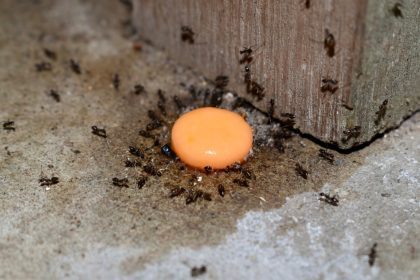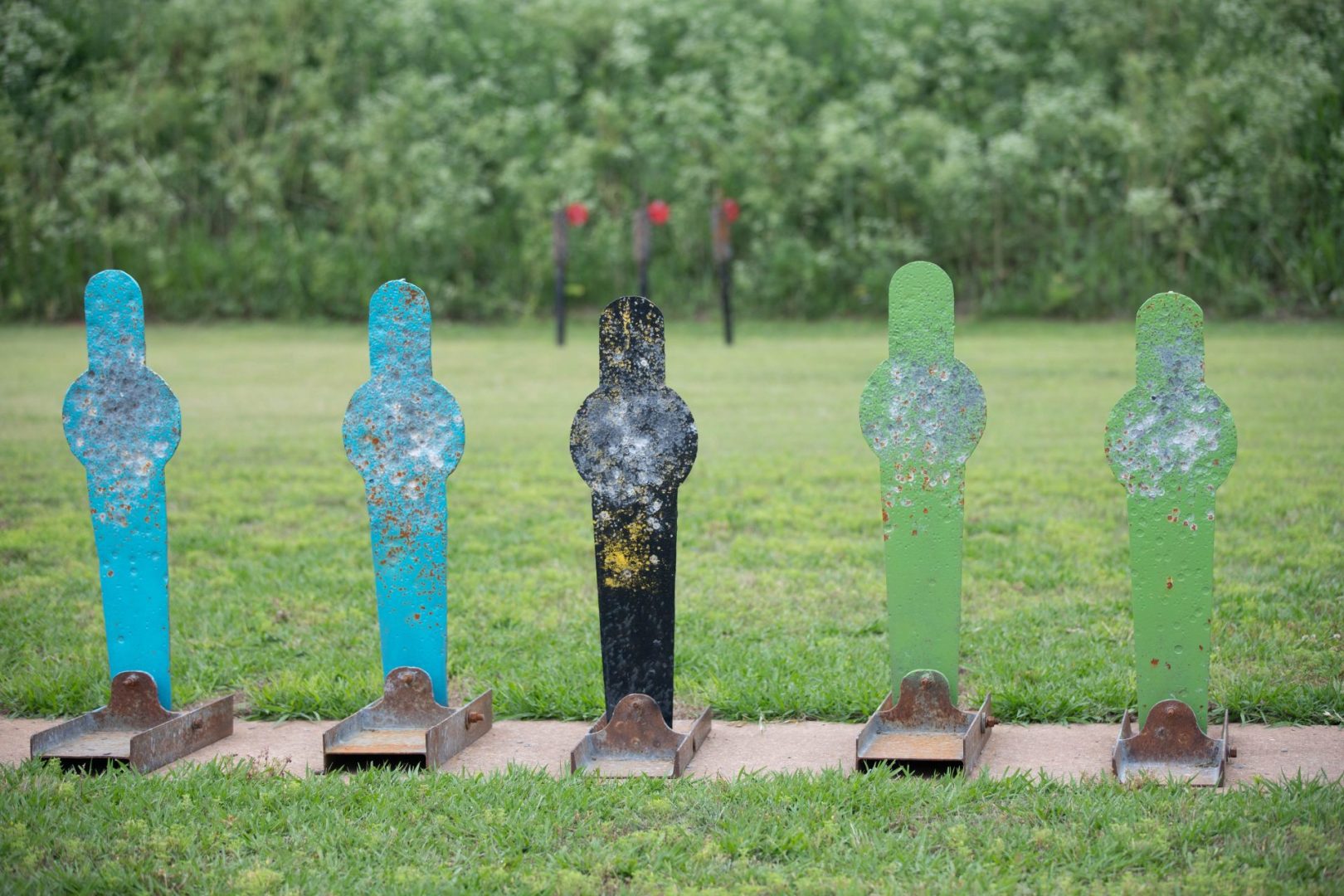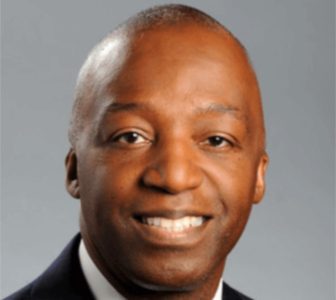
MARIETTA, Ga. — Defense attorneys in the Brunswick, Ga. baby murder trial expressed consternation and exasperation to the judge because the racially-charged trial has not a single black male juror among the prospective jury pool as defendant De’Marquise Elkins is facing life in prison for the shooting murder of an infant.
Of the 48 prospective jurors who were brought into the Cobb County Superior Court in suburban Atlanta, only four were African American and they were females. Later, several reporters remarked off-handedly that the lack of diversity among the jury pool — and most particularly that the prospective pool was conspicuously devoid of black males — was the elephant in the room when the four dozen jury prospects were ushered into the courtroom in suburban Atlanta. The overwhelming majority of prospective jurors were Caucasian male and females along with a Hispanic, an American from Indian and a Korean.
According to defense attorney and and public defender Kevin Gough, there were about 15 African American men and 14 African American women among the 117 prospective jurors downstairs from where the trial will take place who were not chosen to be among the 48.
Gough is outraged that none of the black men were picked and more black women were not picked in a metro area that boasts a large percentage of middle-class, tax-paying, voter eligible black men and women. One of the reasons the trial for De’Marquise Elkins, 18, and his mother Karima Elkins, 36, in was moved from the coastal port city of Brunswick in southeast Georgia to suburban Atlanta more than 320 miles away was that defense attorneys convinced the judge that the two indicted teens would not receive a fair trial.
Gough tried to argue that more of the African Americans should have been chosen among the first 48 jury prospects, even though the African American males were late to arrive to the Cobb County Courthouse in Marietta to be picked among the first 48 prospective jurors. Judge Stephen Kelly tried to explain to Gough that the jurors were selected because they were there at the courthouse first.
While Gough doesn’t question the first-come-first-serve process, he believes that some discriminant process kept all black males from serving on this jury.
Stay tuned for further developments.
















